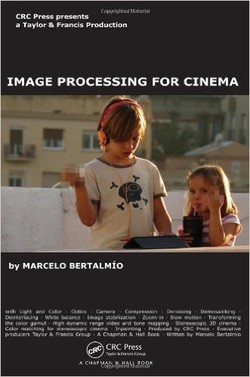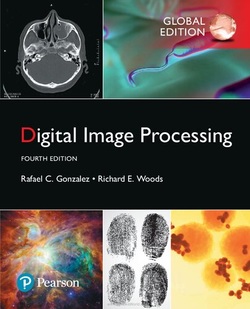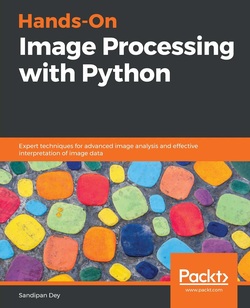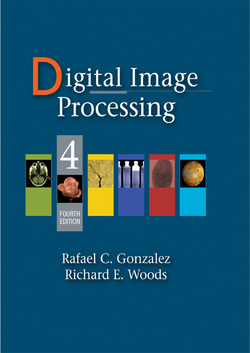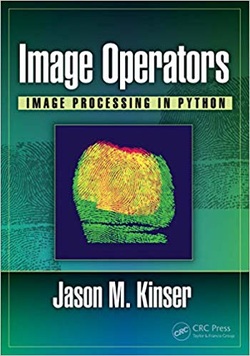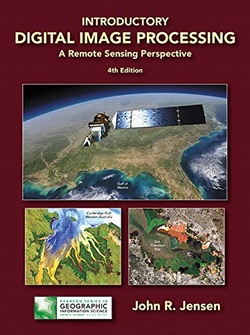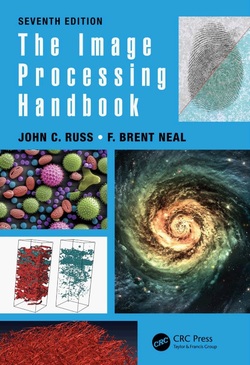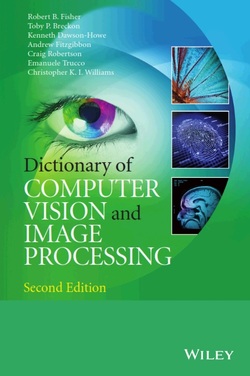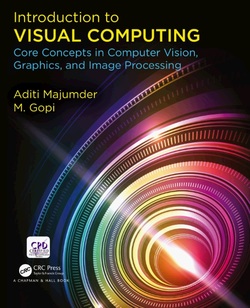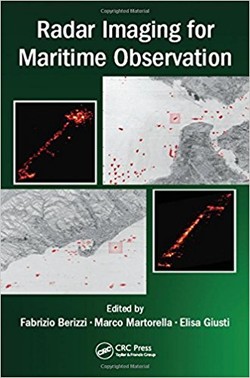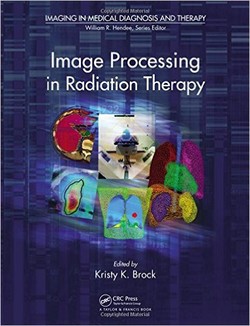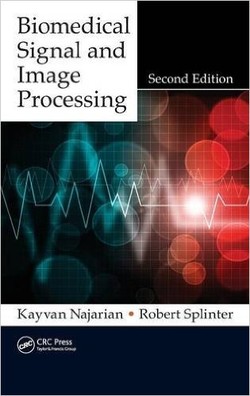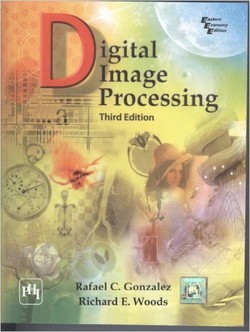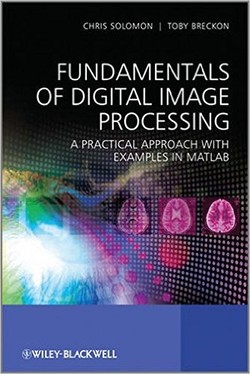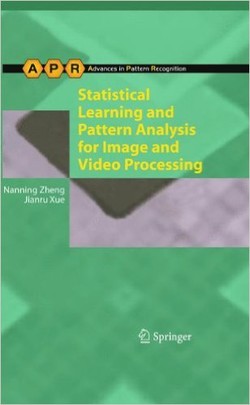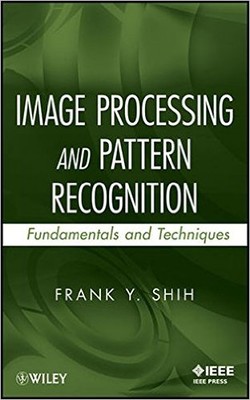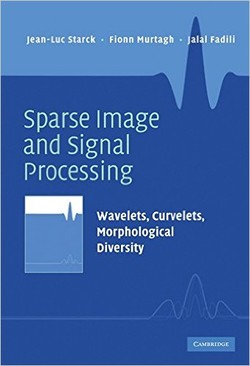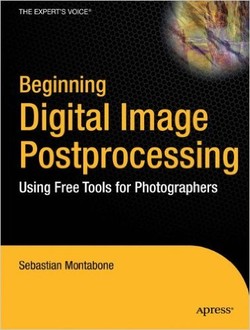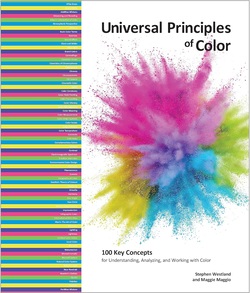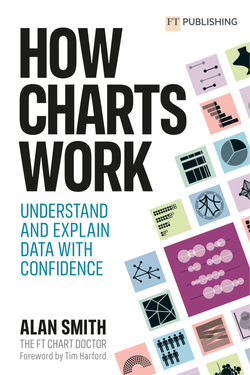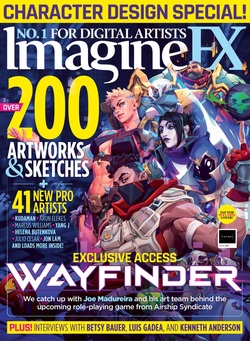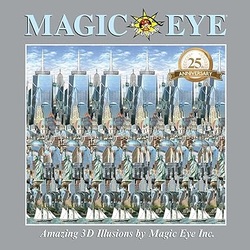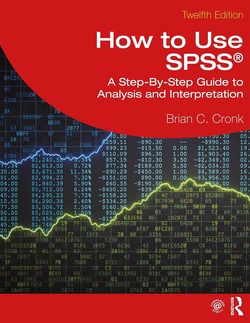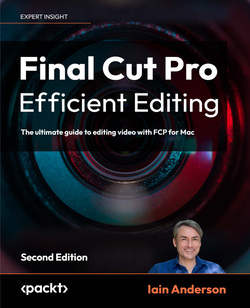“پردازش تصویر برای سینما” مروری دقیق از تکنیکهای پردازش تصویر که عملا در سینمای دیجیتال استفاده میشوند را ارائه میدهد. این کتاب نشان میدهد که چگونه پردازش تصویر در فیلمسازی، از فیلمبرداری تا نمایش، همیشه حاضر میشود. این کتاب، تمام روشهایی که الگوریتمهای پردازش تصویر بهمنظور افزایش، بازپخش، انطباق و تبدیل تصاویر متحرک استفاده میشوند را پوشش داده است. این تکنیکها و الگوریتمها، تصاویر را بهخوبی ممکن نشان میدهند درحالیکه از قابلیتهای دوربین، پروژکتور و صفحه نمایش، بهرهبرداری میکند. نویسنده در بخش اول به ارائه اصول اپتیک و رنگ و در بخشهای بعدی به نحوه کار دوربین و شرح تمام الگوریتمهایی که در دوربین استفاده میشود؛ پرداخته است. این منبع برای محققان دانشگاهی و حرفهایهای صنعت فیلم مناسب میباشد.
سال انتشار: 2014 | تعداد صفحات: 314 | حجم فایل: 7.49 مگابایت | زبان: انگلیسی
Image Processing for Cinema (Chapman & Hall/CRC Mathematical and Computational Imaging Sciences Series)
نویسنده:
Marcelo Bertalmío
ناشر:
Chapman and Hall
ISBN10:
1439899274
ISBN13:
9781439899274
